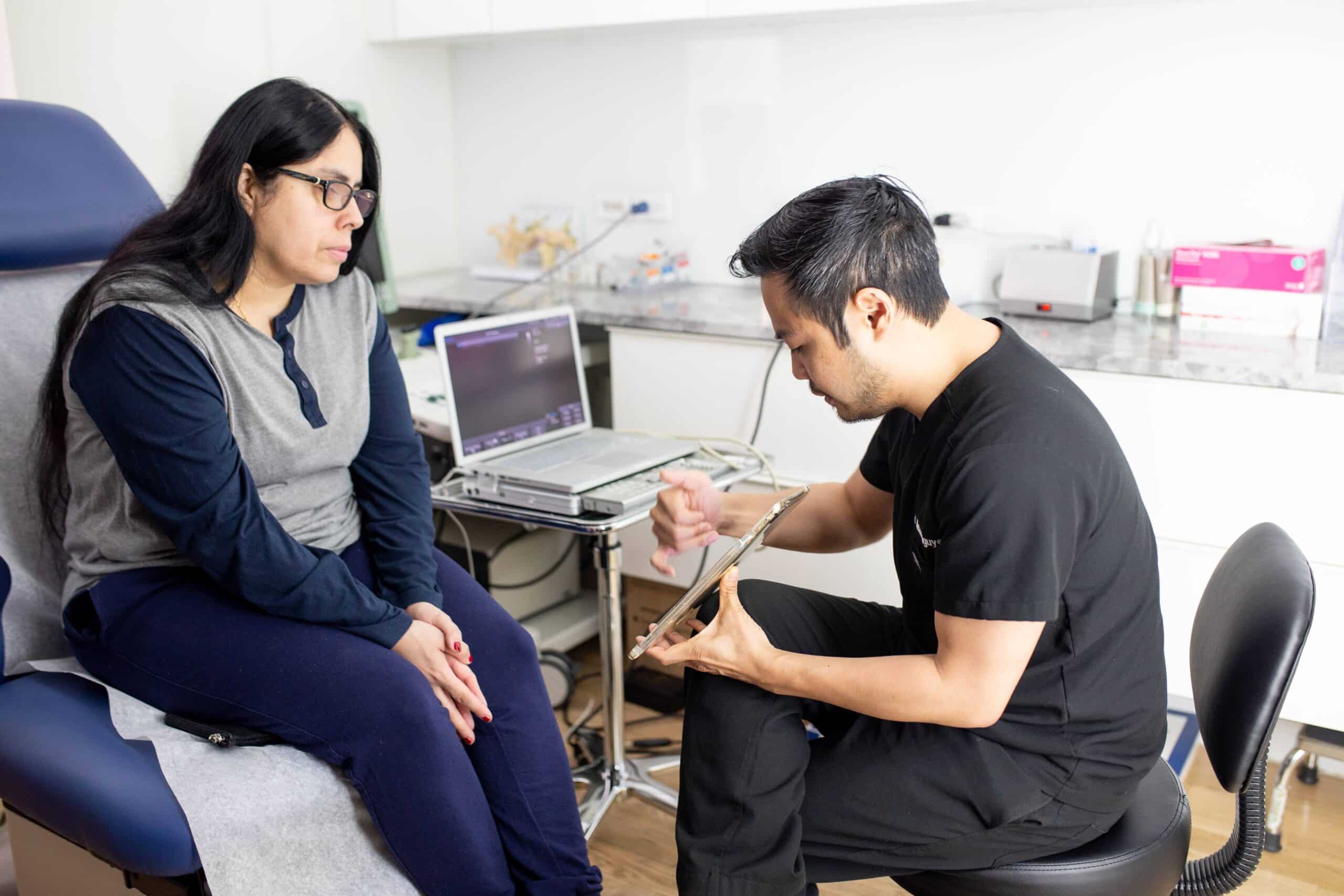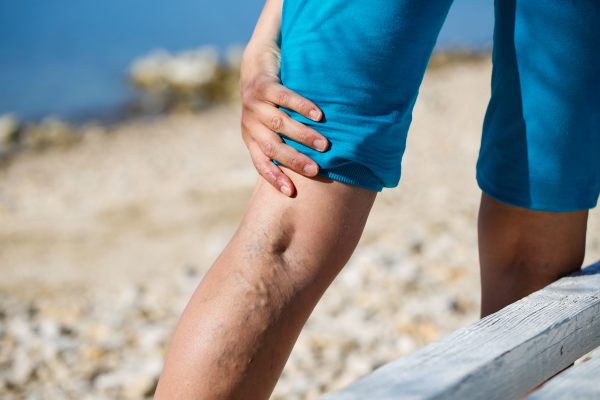What type of doctor treats varicose veins?
When dealing with varicose veins, seeking the right specialist is crucial for effective treatment and care.
Finding the best clinic for varicose vein treatment can be difficult. Age-related changes in hormones, obesity, or prolonged standing can all contribute to the prevalent ailment known as varicose veins in women. Over time, the veins in the legs become weak, and the pressure on them increases.
What Are Varicose Veins?
Before exploring what are the treatment options for varicose veins, it's important to understand what varicose veins are. When one-way valves within veins fail, blood flows backward, collecting in the vein and causing it to swell and become visible beneath the skin. The condition is most common in the legs, where veins must work against gravity to return blood to the heart. Genetics, age, pregnancy, and inactivity can contribute to the development of varicose veins. Symptoms may range from mild to severe, including aching, throbbing, and a heavy sensation in the legs. Skin ulcers and other problems might arise from varicose veins without treatment.
The treatment options of varicose veins
Home remedies
You may need home remedies to ease your symptoms and prevent varicose veins from worsening. You can:
● Wear compression stockings.
● Elevate your legs.
● Avoid sitting or standing for long periods.
● Get plenty of exercise.

Procedure
If home remedies don't help, some procedures can treat varicose veins. These include:
● Phlebectomy.
Several small cuts are made in the skin through which the varicose vein is removed. This is also called stab avulsion.
● Radiofrequency treatment.
Radiofrequency energy creates scars inside the vein and closes it off. This may close off a large varicose vein in the leg.
● Sclerotherapy.
A chemical is injected into the varicose vein to damage the vein's inner lining and create a scar, which closes the vein off. This usually works best for smaller veins.
All of these procedures may cause scarring or discoloration of the skin.
What type of doctor treats varicose veins? A phlebologist is a doctor's official terminology for treating varicose veins, spider veins, and other vein problems. The medical specialty of phlebology focuses on diagnosing and treating varicose vein conditions, including spider and varicose veins. Like vein doctors, phlebologists are responsible for varicose treatment and spider veins. Phlebologists can come from all fields of medicine, such as dermatology, cardiology, and anesthesiology. Still, they must have specialized training in minimally invasive vein treatments.
vein specialist
It is important to understand what kind of doctor is a vein specialist. A vein specialist is a physician specializing in diagnosing and treating vascular problems, such as varicose veins, leg ulcers, chronic venous insufficiency, spider veins, and deep vein thrombosis. The official term for a vein doctor is "phlebologist" because the branch of medicine dealing with vascular health is called "phlebology."
To become a vein specialist, doctors from any field must undergo specialized training in diagnosing and treating vein disease. Vein doctors can come from numerous fields of medicine, including anesthesiologists, hospitalists, primary care physicians, cardiologists, or dermatologists.

vein clinic
What is a vein clinic? Specialty care facilities dedicated to diagnosing and treating venous (vein) disorders are known as vein clinics. Experts in vein health, vein doctors, and specialists oversee these facilities.
Conclusion
If you need surgery to remove varicose veins, remember to meet your specialist in varicose vein surgery in a best surgical assessment consultation so that they can assess your condition and decide what option is best for your problem and what doctor treats varicose veins.
To prevent varicose veins from developing, you should make lifestyle changes that improve blood flow to the heart. You should walk often and do cardiovascular activities that work your calf muscles, such as running, swimming, and cycling.
Comments
Post a Comment